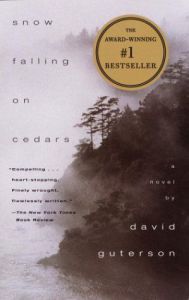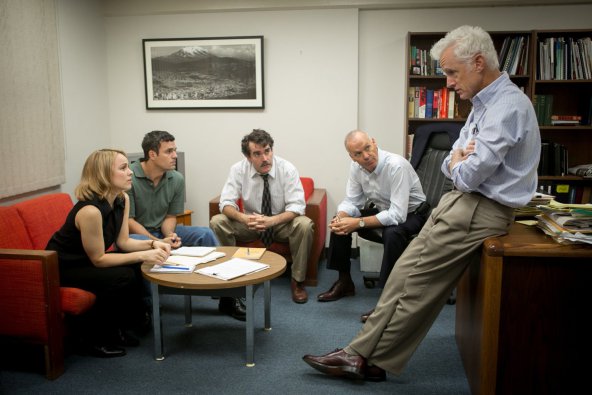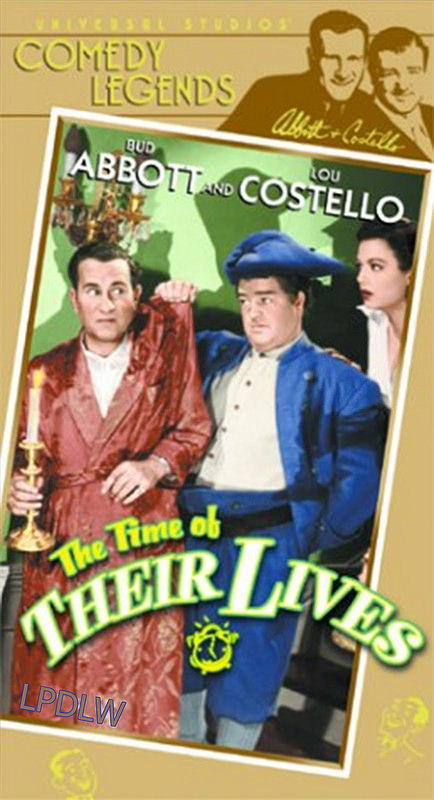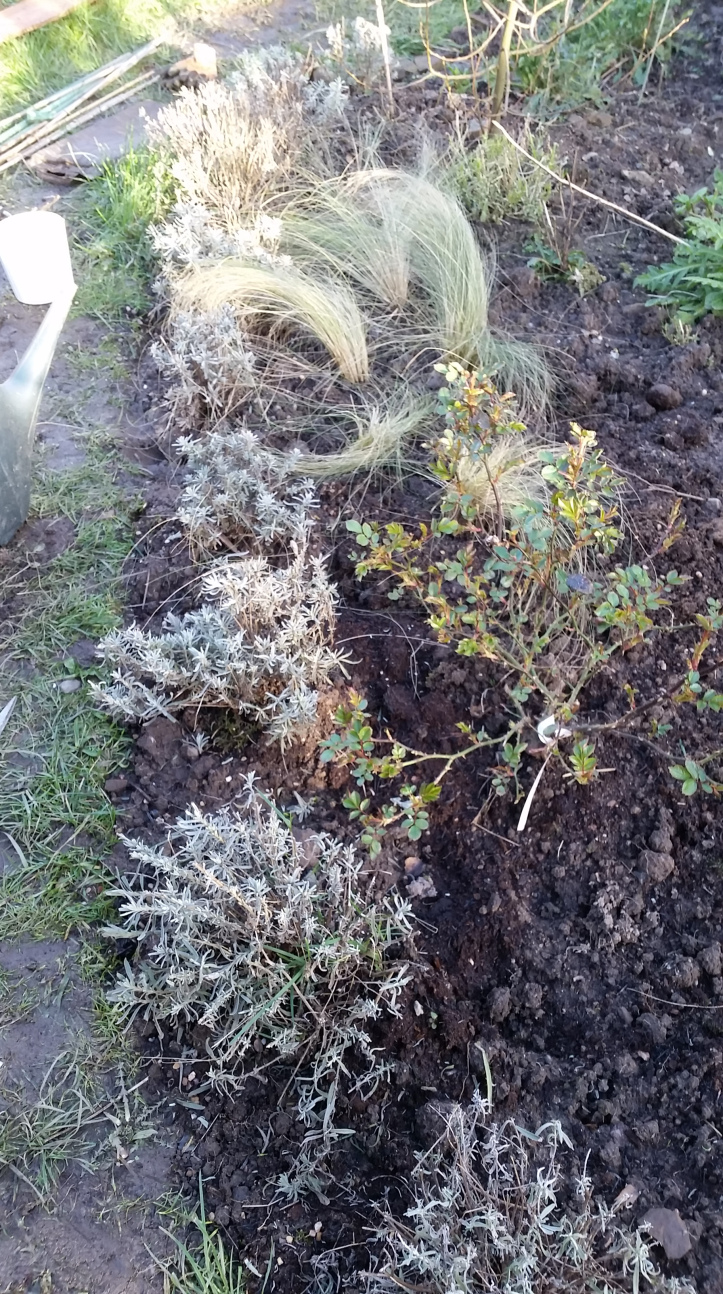 by David Guterson
by David Guterson
ISBN 0-679-76402-X
“She was of this place and she was not of this place, and though she might desire to be an American, it was clear, as her mother said, that she had the face of America’s enemy and would always have such a face.”
It is 1954, and Japanese-American World War II veteran Kabuo Miyamoto has been charged with the murder of fellow fisherman and veteran Carl Heine. His trial begins in the midst of a snow storm that has struck the town of Amity Harbour, on the island of San Piedro off the coast of Washington State. Reporting on the trial is Ishmael Chambers, who inherited the small local paper from his father when he returned from the war. Carl was a solo gill-netter fisherman, and his body was pulled from the ocean, caught in his own nets, after the boat was found drifting off the coast on a foggy September morning. In the grip of the snow storm and the trial, the islanders are forced to face old grudges and deep seated prejudices as the evidence against Kabuo mounts.
Ishmael’s coverage of the trial is complicated by the fact that the accused’s wife, Hatsue, was his first love before the war, and he has never gotten over losing her. Indeed, he still entertains shameful fantasies of winning her back, even as her husband’s life hangs in the balance. Ishmael lost his arm during the war, fighting in the Pacific Theater, and it has bitterly tainted his perception of the island’s Japanese-American residents, even as he clings obsessively to his feelings for Hatsue. However, this is not the only unfinished business being raised by the trial. Before the war, the Miyamoto family had entered into a clandestine arrangement with Carl Heine’s father to purchase seven acres of strawberry land, which would be placed in Kabuo’s name once he came of age, due to the fact that first generation Japanese immigrants could not own land. But they were interned before they could finish their payments, and when Carl Sr. died while his son was away at war, his wife took the opportunity to sell the entire farm.
Snow Falling on Cedars opens on Kabuo’s trial, though it takes some pages for David Guterson to reveal what he is charged with. Indeed, it is in general a novel that peels back in slow layers, as one witness after another takes the stand, and flashbacks are interleaved with the present moment. The pacing is slow and steady. The witnesses give their testimony when their time comes to take the stand, but through the limited omniscient narrator, we are also able to see the things they are thinking about, but not saying. Some are entirely insignificant to the plot—the coroner for example, thinks about how, during the autopsy, he noticed that the deceased’s penis was much larger than his—but other omissions are much more consequential. The coroner does not mention in his testimony that he told the sheriff that the blow to Carl Heine’s head reminded him of wounds he saw delivered by kendo-trained Japanese soldiers during the war, a comment that may have primed the sheriff to suspect Miyamoto.
What fills in the slower pacing of the novel is the ambience of the Pacific Northwest island setting, despite the fact that the story takes place in the midst of an uncharacteristic snow storm. San Piedro is a fictional island that would be part of the San Juans if it existed, but it draws inspiration from Guterson’s home, Bainbridge Island, in the Puget Sound just off Seattle. Guterson pays great attention to detail as he describes both salmon fishing and strawberry farming, the two main industries on the island. The beaches and cedar forests serve as the sites of Ishmael and Hatsue’s budding but forbidden romance. What begins as innocent child’s play on the beaches must take covert shelter among the ancient trees when they become adolescents. Though fewer scenes take place there, the Japanese internment camp at Manzanar, California, feels visceral and immediate. Manzanar is the more literal incarnation of the dark undercurrent that runs beneath the more romantic, pastoral portrayal of Amity Harbour.
An obvious comparison can be made between Snow Falling on Cedars and To Kill a Mockingbird, a novel Guterson regularly taught as a high school English teacher with a budding novel in his desk drawer. But neither Nels Gudmunson, the lawyer, nor Ishmael Chambers, the journalist, is Atticus Finch, at least not as he appeared in To Kill a Mockingbird. They might perhaps be closer to the earlier incarnation of the character recently revealed in Go Set a Watchman. And the narrative is complicated by the fact that Kabuo is not obviously innocent, even though prejudice certainly played a role in his arrest. For most of the story, Kabuo refuses to speak to anyone, even his lawyer, about what really happened that night out on the water, and so the reader, too, is left in the dark, piecing together the clues along with the jury, even as we enjoy a more omniscient perspective, privy to some characters’ internal thoughts.
Snow Falling on Cedars is somewhat of a murder mystery, even though it is more ponderously paced than most pager-turners of that genre. Rather, it is more concerned with how human nature shapes such an investigation and prosecution, subtly or not so subtly dictated by preconceived notions and the weight of the past. The truth is slowly revealed, even while the reader is left with the impression of how easily it could have been buried forever.
___
You might also like:
The Gods of Heavenly Punishment by Jennifer Cody Epstein
A Tale for the Time Being by Ruth Ozeki
The Buddha in the Attic by Julie Otsuka
Advertisements Share this:- Fiction
- Historical Fiction
- Read My Own Damn Books





